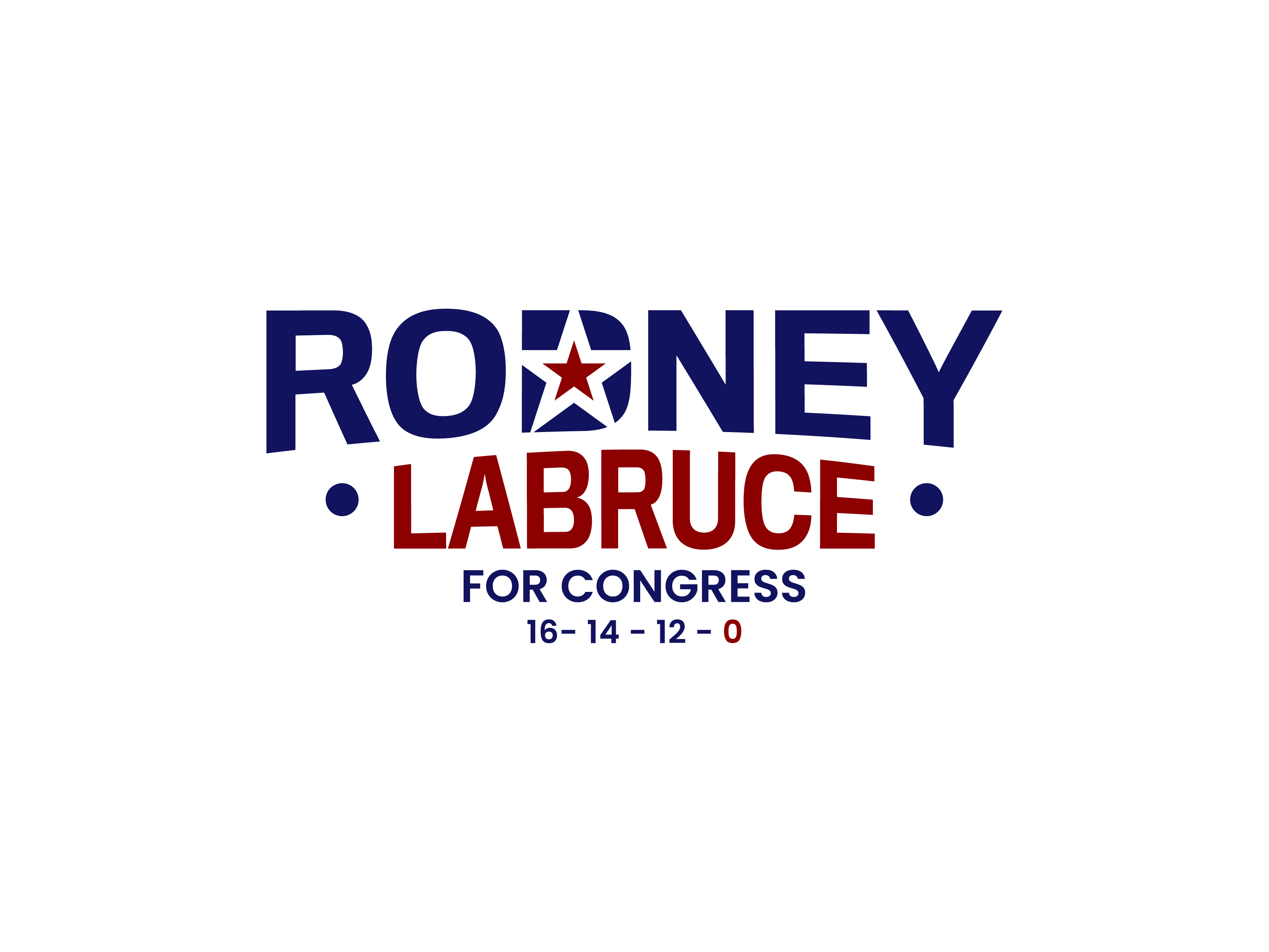Reforming Representation and Redistricting

Fair Elections and Fair Maps: Empowering the Voters of TX-30
Prepared by: Rodney LaBruce, Candidate for U.S. Congress (TX-30) Unified Advocacy and Leadership Coalition (UALC)
Why Election Reform Matters in North Texas
In District 30, we see the results of a broken system every day. When politicians can "pick their voters" through gerrymandering, they don't have to work as hard to solve the issues that actually matter to us—like housing costs, veteran support, and the racial wealth gap.
Currently, TX-30 is a "safe" seat, but that often leads to lower voter turnout and less competition. By changing how we vote and who draws the lines, we can make sure every resident from South Dallas to Cedar Hill has a voice that cannot be ignored.
1. Ranked-Choice Voting (RCV): Choice, Not Compromise
The Goal: End the "lesser of two evils" trap and ensure winners have majority support.
- How it Works: Instead of picking just one person, you rank candidates in order of preference (1st choice, 2nd choice, etc.). If your first choice doesn't win, your vote automatically counts toward your second choice.
- The Benefit for TX-30: In a diverse district with many talented leaders, RCV allows more people to run without "splitting the vote." It encourages candidates to talk to everyone—even those who might rank them second—which reduces the negative, "attack-style" ads that dominate our airwaves.+1
- Saving Money: RCV acts as an "instant runoff," potentially saving taxpayers millions by eliminating the need for low-turnout, expensive runoff elections.
2. Proportional Representation: Every Voice in the Room
The Goal: Move toward a system where 20% of the vote gets you 20% of the seats.
- The Problem: In our current "winner-take-all" system, if a group makes up 49% of the population but loses the election, they get 0% representation.
- The Solution: Multi-member districts. Instead of one person representing a massive area, a larger area (like the DFW Metroplex) could elect a team of representatives. This ensures that minority viewpoints—whether political, racial, or geographic—are actually at the table in Washington.
3. Ending Gerrymandering with Independent Commissions
The Goal: Take the "map-making pens" out of the hands of partisan politicians.
- The Problem: Texas is currently embroiled in legal battles over "mid-decade redistricting." A federal court recently blocked a 2025 map that was accused of racially gerrymandering districts to dilute the power of Black and Brown voters.+1
- The Impact on Us: In TX-30, our community of interest—working families, HBCU students, and veterans—is often "packed" into one district or "cracked" into several to protect partisan interests. This suppresses turnout because people feel the results are "pre-decided."
- The Solution: Independent Redistricting Commissions. Maps should be drawn by a non-partisan group of citizens, not the state legislature. We need strict standards for compactness and contiguity, ensuring neighborhoods like Oak Cliff and Desoto stay together.
The UALC Roadmap for Reform
To protect the integrity of the 2026 midterms and beyond, I will advocate for:
- The Fair Representation Act: Federal legislation to mandate RCV and multi-member districts for Congress.
- The Redistricting Reform Act: Requiring all states to use independent commissions for federal maps.
- Voter Education: Funding local initiatives to teach the community how these new systems work, ensuring no one is left behind by the transition.
Conclusion: Restoring the Power to the People
Democracy only works when the voters are in charge. By implementing these reforms, we turn TX-30 from a "safe seat" into a "responsive seat"—one where the representative has to earn your vote every single day by delivering real results for our families.
